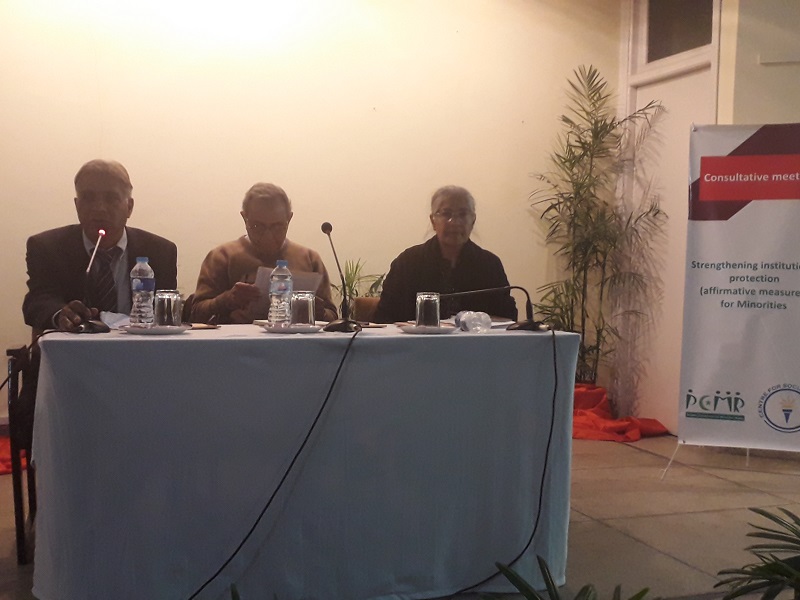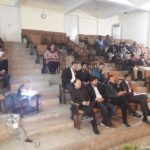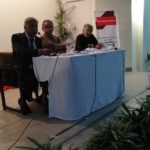RAWALPINDI, Pakistan: The Centre for Social Justice (CSJ) and the Peoples Commission for Minorities’ Rights (PCMR) on Tuesday organized a consultative meeting in Rawalpindi, which ended with a demand to the government for the establishment of a National Commission for Minorities’ Rights in compliance with a Supreme Court Judgement on Minorities Right delivered on June 19, 2014.
The Special Advisor to Shoaib Suddle Commission Mr. Peter Jacob, the Member PCMR & Researcher Dr. A. H. Nayyar, and the Researcher & Activist Ms. Tahira Abdullah took part in the panel discussion.

The discussion reviewed a draft bill seeking support of stakeholders for establishing an independent statutory body – the National Commission for Minorities’ Rights.
The panelists also discussed practical strategies to assist stakeholders for meaningful and effective engagement with Shoaib Suddle Commission, an Implementation Commission mandated by the Supreme Court to follow up on the Court Ruling (SMC No. 1 of 2014) passed by then Chief Justice Tassaduq Hussain Jillani on June 19, 2014.
Speaking on the occasion, Mr. Peter Jacob underlined the fact that establishing a National Commission for Minorities’ Rights was a task long overdue.
Mr. Peter Jacob said that the Liaquat-Nehro Pact signed in 1950, the National Action Plan (NAP) for Human Rights 2016 as well as the Supreme Court 2014 Ruling, all required an official minority-specific Commission to be constituted.
The Special Advisor to Shoaib Suddle Commission further stated that during 2018 general elections, political parties promised to establish such a Commission, and therefore, they should now introduce and support the legislation to this effect and establish a Minorities’ Rights Commission in accordance with the 6 UN Paris principles having a broad mandate to monitor & evaluate the quality of implementation of laws and policies, contribute to law and policy-making process, as well as conduct inquiry & investigation into complaints of violation of minority rights.
Ms. Tahira Abdullah stated that discrimination perpetuates across the economic, social, political and cultural spheres, and the government should address disparity of rights and opportunities by implementing the Supreme Court Ruling in letter and spirit.
Ms. Tahir Abdullah further stated that to this end, the government must introduce effective affirmative measures for the empowerment of minorities, and in doing so, strengthen democracy, promote human rights and rule of law, and foster religious tolerance in Pakistan.
Dr. A.H Nayyar observed that the education policies failed to give due regard to the promise of fundamental rights to religious freedom, non-discrimination and equality as enshrined in Articles 20, 22 and 25 of the Constitution of Pakistan. He also noted that the National Education Policy Framework 2018 does not make elimination of religious discrimination and intolerance a priority.
Dr. A.H Nayyar urged the government to introduce education system reforms in a manner that values of religious diversity and pluralism are acknowledged and celebrated in Pakistani society.







